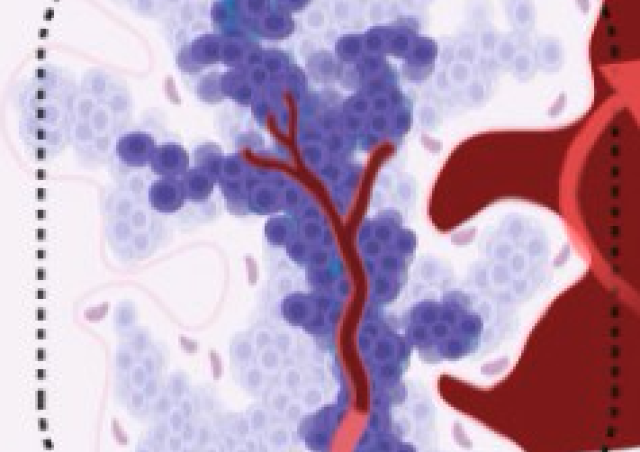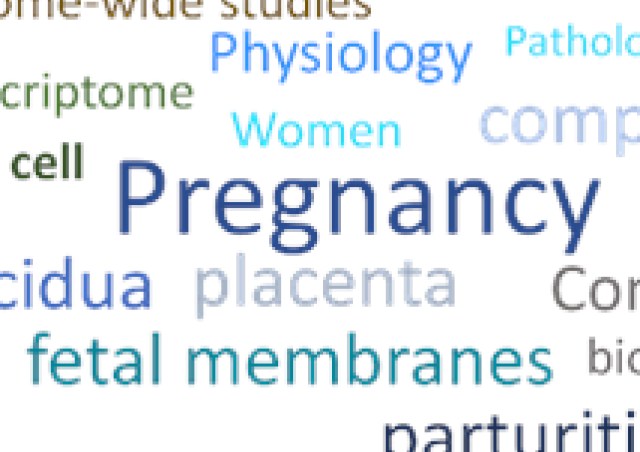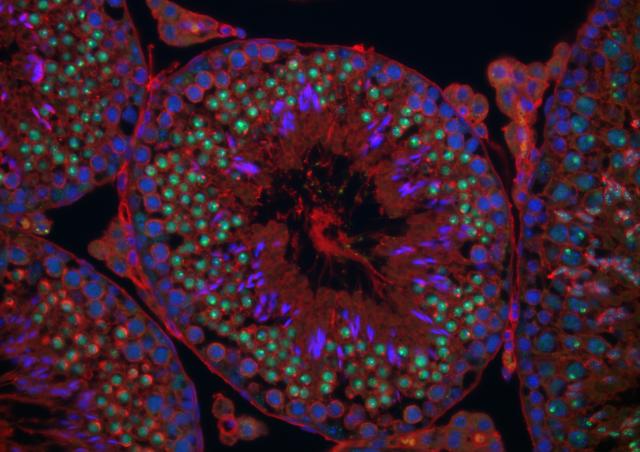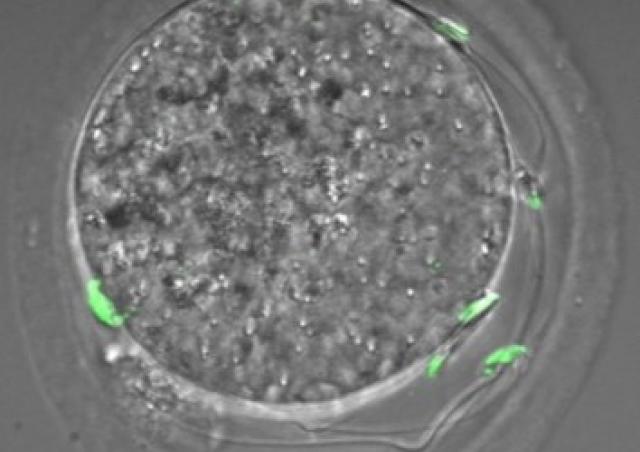Project members
Project
Endometriosis, the implantation of endometrial tissue in an ectopic position often on the ovary and peritoneum, affects 10% of women, inducing sometimes unbearable pain during menstruation, sexual intercourse, or any biological function involving organs located in the abdomen. In addition to these algal effects, endometriosis is a major cause of female infertility (probably 50% of female infertility). The genetic understanding of the causality of endometriosis is woefully unsatisfactory. This disease has a heritability of 50%, but it is of course absolutely not monogenic. High-throughput genomic studies have made it possible in the decade 2010-2020 to identify twenty-five regions containing genes or variants involved in endometriosis. These genes explain only a very limited part of the basis of endometriosis; at best, the relative risk induced by the most potent of these variants is 1.35, which means, that a woman carrying the allele at risk has a 35% chance of developing the disease than a woman carrying the other allele.

In the laboratory, we propose to explore this Terra Incognita of the genetics of endometriosis by an approach involving the analysis of endometriotic families. We performed exome sequencing of 35 patients from 10 distinct families. We are actively working to validate the variants we have found to understand their mechanistic action inducing the onset of the disease and its expansion in patients.
In the past, we have made progress in elucidating the mechanisms of regulation of gene expression and DNA methylation in endometriosis lesions. The new results of our genetic approaches are interpreted in relation to these data that characterized endometriosis lesions, and their differences with the normal (eutopic) endometrium.













